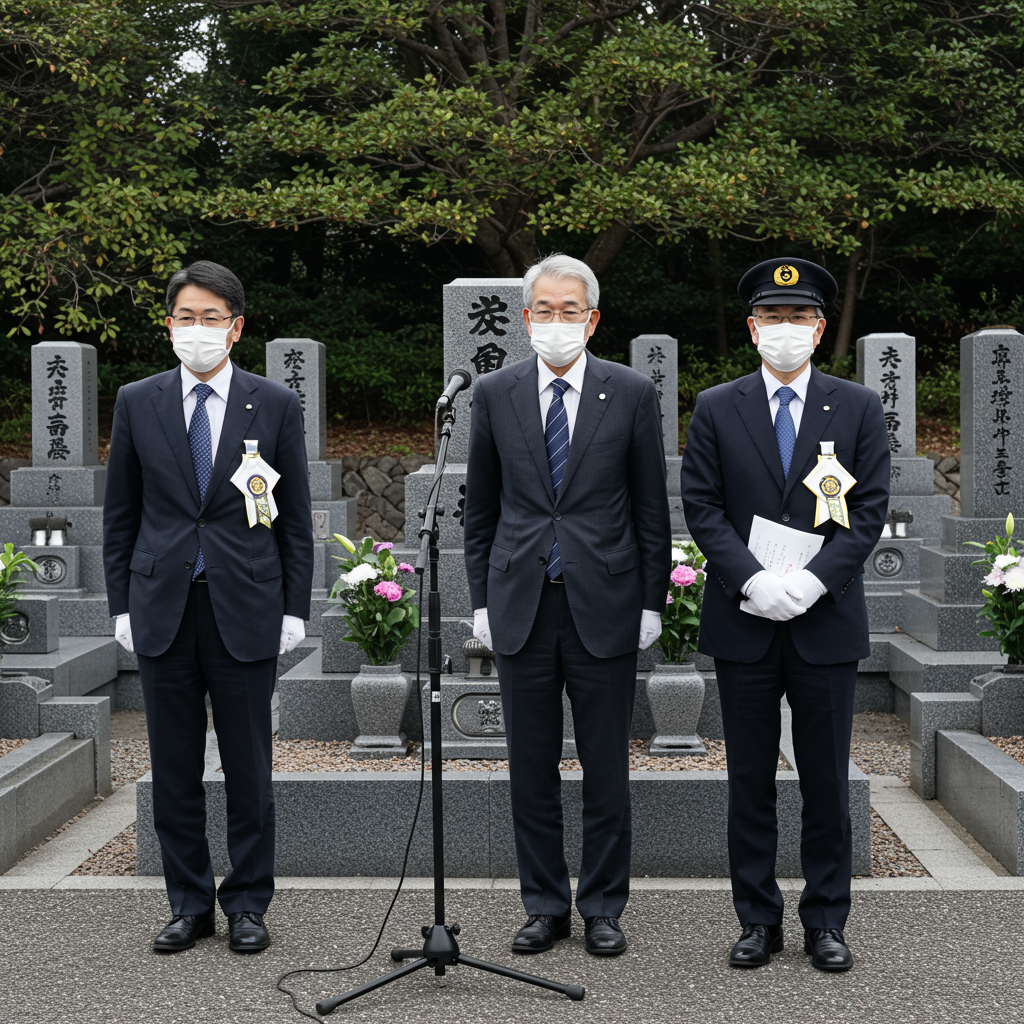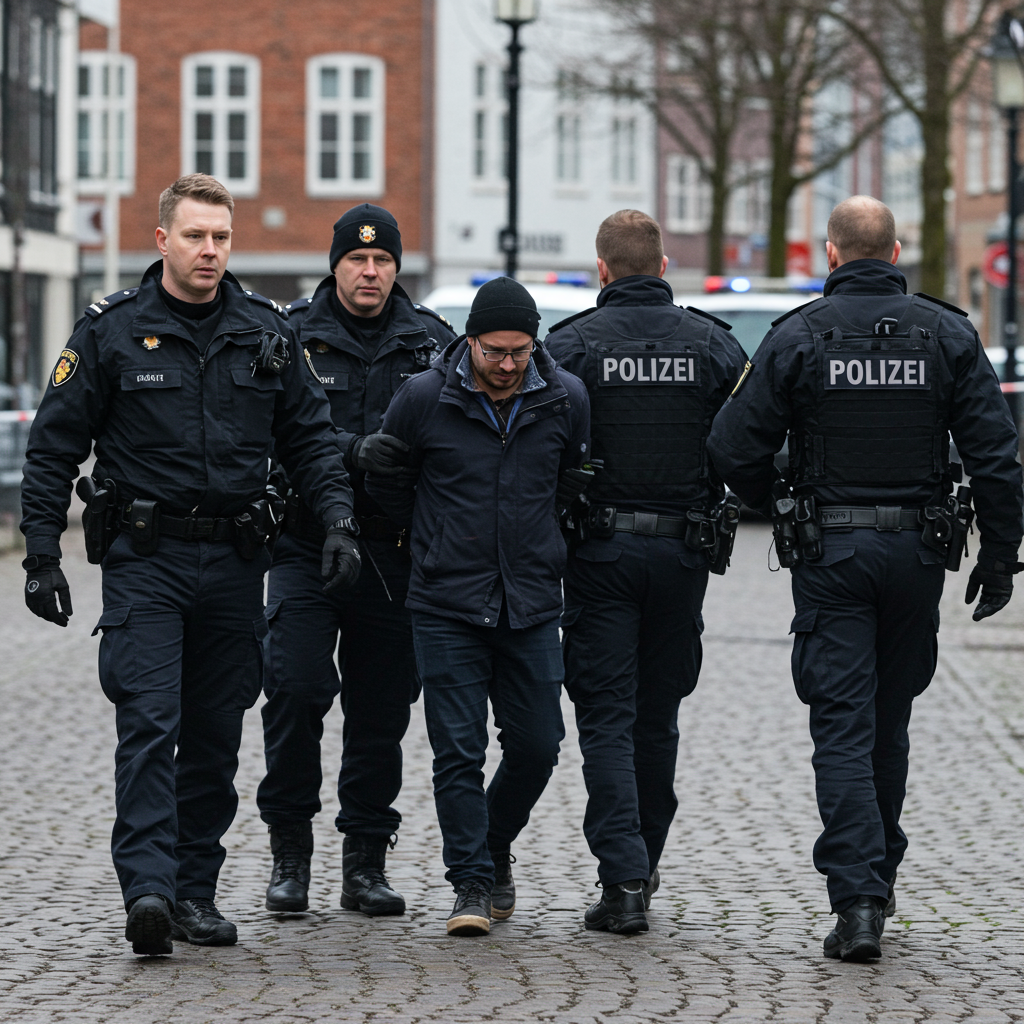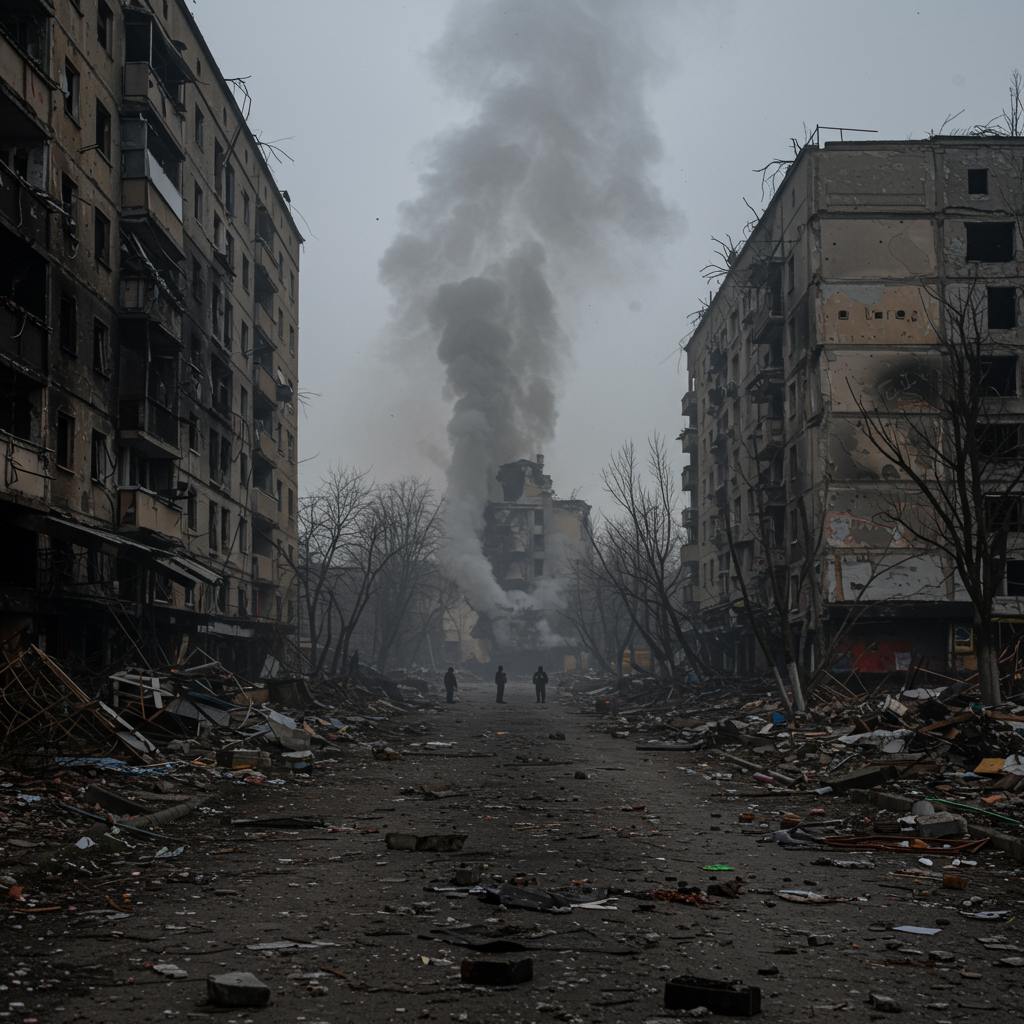In a rare and profoundly significant act, senior officials from Tokyo’s Metropolitan Police and public prosecutor’s office have delivered an unprecedented apology at the grave of Shizuo Aishima. This solemn moment marked a public acknowledgment of the grave injustice suffered by the former businessman, who died in detention following a wrongful arrest and indictment. The emotional scene in Yokohama underscores the devastating human cost of systemic failures within Japan’s legal framework and ignites renewed calls for critical judicial reform.
The apology, offered directly to Aishima’s grieving family, comes after a series of internal reports and a landmark court ruling confirmed the unlawful nature of his detention. Aishima’s case, part of the wider Ohkawara Kakohki investigation, has brought national and international attention to the controversial “hostage justice” system, which critics argue prioritizes coerced confessions over due process. This powerful moment of official regret serves as a stark reminder of the fragile balance between state power and individual rights, demanding deeper scrutiny of investigative practices.
The Tragic Case of Shizuo Aishima
Shizuo Aishima, a 72-year-old former advisor to machinery maker Ohkawara Kakohki, was arrested in March 2020. He was implicated alongside company president Masaaki Okawara and former director Junji Shimada. The charges centered on the alleged illegal export of advanced spray dryers, equipment authorities claimed could be used to produce biological weapons. However, Ohkawara Kakohki consistently maintained that its exports were entirely legal and compliant with regulations.
During his prolonged pretrial detention, Mr. Aishima’s health deteriorated rapidly. In October 2020, he was diagnosed with progressive stomach cancer. Despite his severe illness, prosecutors repeatedly denied his bail requests, citing concerns about potential evidence destruction. This refusal tragically kept him incarcerated when he desperately needed specialized medical care. He was eventually allowed to leave detention for treatment but succumbed to his illness in February 2021, dying without his name being cleared. His two colleagues, released the same month, were even forbidden from seeing him before his passing.
A System Under Scrutiny: Japan’s “Hostage Justice”
The unfolding tragedy of Mr. Aishima’s death starkly exposed the profound flaws within Japan’s “hostage justice” system. This controversial practice allows for lengthy pretrial detentions, often without bail, which critics argue are leveraged to pressure suspects into making confessions. For Mr. Aishima, this meant enduring months of incarceration and repeated bail denials, even as his health failed. The Supreme Public Prosecutor’s Office later admitted that Mr. Aishima’s bail applications “could have been handled with more understanding.”
Internal police reports subsequently highlighted significant systemic dysfunction. The Metropolitan Police Department concluded that the investigation was “plagued by dysfunction at every level of command.” Moreover, the Supreme Public Prosecutor’s Office conceded that prosecutors failed to properly weigh evidence and that the process lacked basic fairness. This collective admission points to a deeply rooted problem that extends beyond individual errors, affecting the very integrity of the investigative and judicial chain.
Unprecedented Apology and Legal Ramifications
On August 25, senior officials, including Deputy Superintendent General Tetsuro Kamata of the Metropolitan Police Department and Hiroshi Ichikawa of the Tokyo District Public Prosecutor’s Office, knelt at Mr. Aishima’s grave in Yokohama. They delivered a formal and televised apology to his family. Deputy Superintendent Kamata expressed “sincere apology for conducting the illegal investigation and arrest.” Mr. Ichikawa further acknowledged a “serious human rights violation” that deprived Mr. Aishima of crucial medical treatment.
While Mr. Aishima’s wife, present with their two sons, accepted the apology as a step towards accountability, she conveyed a profound and understandable sentiment: she would “never forgive” the illegal actions that led to her husband’s death. Her sons also expressed a desire for a deeper, more thorough investigation beyond the initial internal reviews. This acceptance, the first from a bereaved family in this case, only came after police and prosecutors publicly released comprehensive reports admitting their failings.
A Landmark Court Ruling and Damages
The official apologies followed a pivotal legal development. In May, the Tokyo High Court definitively ruled that the arrests and indictments of Mr. Aishima and his two colleagues were unlawful. The court found a complete lack of supporting evidence for the charges. This ruling was not merely a statement; it carried significant weight, criticizing investigators and prosecutors for deliberately ignoring exculpatory evidence and violating due process.
The court ordered the state and the Tokyo metropolitan government to pay 166 million yen (approximately $1.13 million USD) in damages. Crucially, both the Tokyo government and the state opted not to appeal the High Court’s decision. This decision finalized the ruling, solidifying the judicial acknowledgment of profound investigative misconduct and governmental liability. The financial compensation, while substantial, can never truly account for the loss of life and the immense suffering endured by Mr. Aishima and his family.
Broader Implications for Japan’s Justice System
The Shizuo Aishima case resonates far beyond his immediate family. It has ignited a national conversation about the urgent need for comprehensive judicial reform in Japan. Critics, including the family’s lawyer Tsuyoshi Takada, argue that the repeated authorization of the executives’ detention “was not the mistake of a single judge.” This suggests a broader, systemic issue within the judiciary itself, calling for a fundamental shift in judicial attitudes. Mr. Takada urged the courts to learn from this incident to prevent future victims of “hostage justice.”
This tragic incident draws parallels to other high-profile cases of wrongful conviction in Japan, such as that of Iwao Hakamada. Mr. Hakamada, once the world’s longest-serving death row inmate, received an apology from Shizuoka’s police chief for nearly six decades of wrongful conviction and suffering after a retrial exposed fabricated evidence and forced confessions. These parallel cases highlight a concerning pattern of systemic failures that undermine public trust in the justice system. The apologies, while significant, underscore the profound and irreversible human cost of such breakdowns. The ongoing scrutiny of Japan’s “hostage justice” system is crucial for safeguarding human rights and ensuring genuine due process for all citizens.
Frequently Asked Questions
What led to Shizuo Aishima’s wrongful arrest and death in detention?
Shizuo Aishima, a former advisor at Ohkawara Kakohki, was wrongfully arrested in March 2020 on suspicion of illegally exporting spray dryers allegedly capable of producing biological weapons. Despite the company maintaining the legality of its exports, Aishima was detained. During his pretrial detention, he was diagnosed with progressive stomach cancer in October 2020. Prosecutors repeatedly denied his bail requests, citing concerns about evidence destruction, even as his health deteriorated. He tragically died in February 2021, at age 72, without his name being cleared.
How did Japan’s “hostage justice” system contribute to the tragedy of Shizuo Aishima?
Japan’s “hostage justice” system played a critical role in Shizuo Aishima’s death. This system allows for prolonged pretrial detention, often without bail, which critics argue is used to coerce confessions from suspects. In Aishima’s case, he endured months of incarceration and repeated bail denials despite a severe cancer diagnosis. Prosecutors’ refusal to release him for proper medical care, based on concerns about evidence tampering, directly contributed to his death in detention before his innocence could be proven, highlighting the system’s human cost.
What legal and systemic changes are being called for in Japan following the Ohkawara Kakohki case?
Following the Ohkawara Kakohki case, there are urgent calls for significant judicial reform in Japan. The Tokyo High Court’s ruling that the arrests and indictments were illegal, coupled with apologies from top police and prosecutors, underscores deep systemic flaws. Experts and legal advocates are demanding an end to the “hostage justice” system, which allows lengthy detentions, and a fundamental shift in judicial attitudes regarding bail and due process. The case emphasizes the need for greater accountability in investigations and stronger protections for human rights to prevent similar tragedies.



